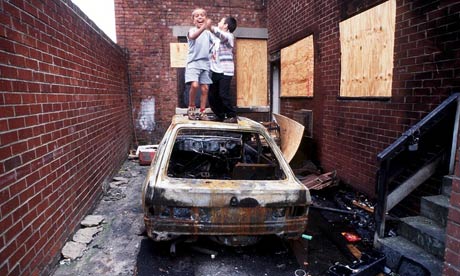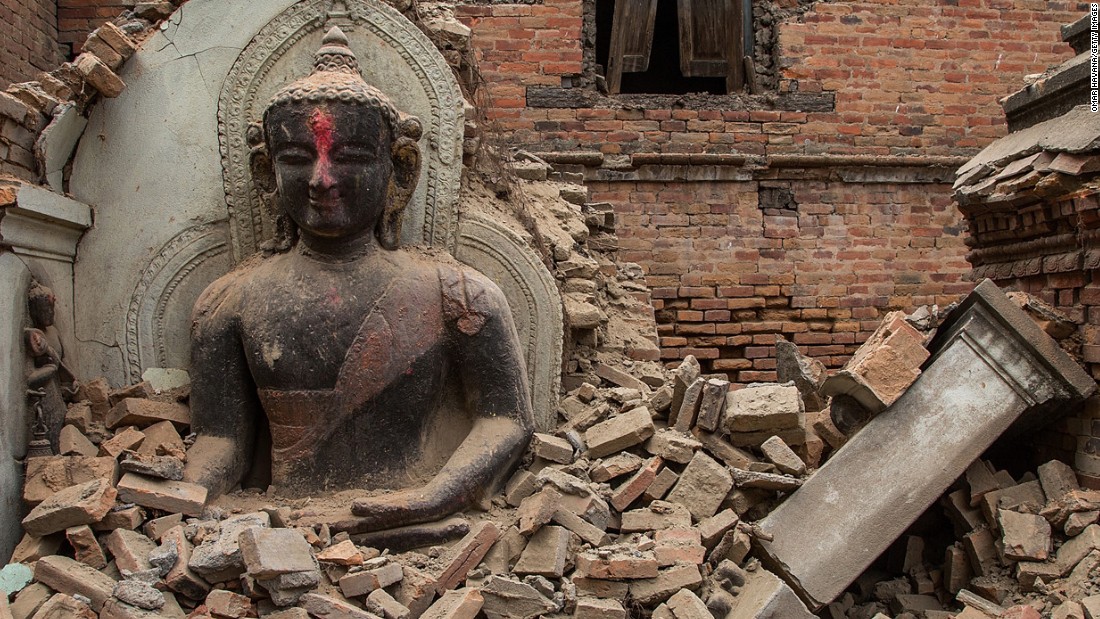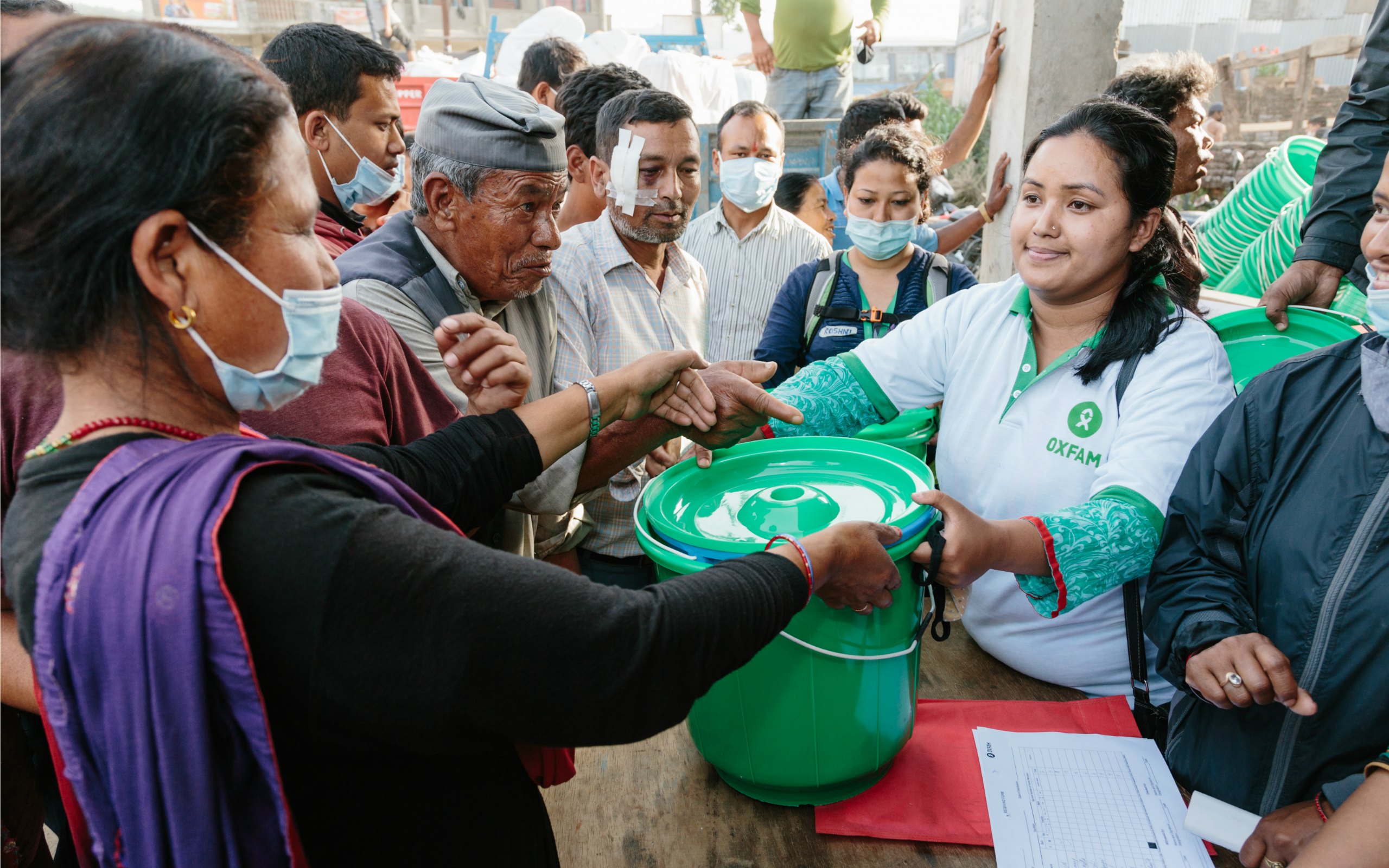In 2015, refugees flooding into European countries has become a daily topic. Day by day we hear news about migrants crossing the mediterranean sea or being smuggled into East-European countries. The number of people entering the continent is rising with every passing day, and the pressure of finding a solution for these migrants are overwhelming. Currently there are over 6 million people who fled the country and an estimate of 4 million is living in neighbouring countries (Lebanon, Jordan).
 |
The crisis started to develop in 2011 in Damascus where protesters demanded democratic reforms. The protest quickly turned into riots with clashes between the protesters and the police, claiming lives of several from both sides. As the government did not respond to the protesters demands, the emphasis of the demonstrations were now calling for a new government. As the protests spread, the government responded with a full-scale military action causing a large number of civilian deaths. The conflict has grown into a full scale civil war and its been considered as the worst humanitarian crisis in modern history.
Oxfam has been taking active part in Syria’s support in its crisis. OI has been urging the international community to make a greater effort at finding a solution for the crisis and to aid the refugees.Supplying the country with water has also been a priority - we have set up new water systems, new wells etc.
"We're committed to do that, we've been led to believe that we will get permission ... so we would expect our program to grow very substantially from benefiting 1.5 million to benefiting let's say 3 million people, in a year's time." - says Mark Goldring, Chief Executive of Oxfam International.
In the neighbouring countries of Jordan and Lebanon where refugees been taking shelter at refugee camps, we’ve been distributing blankets, hygiene kits, fuel, stoves, warm clothes, heaters and information about how to access basic services. Our long term plan is to ensure that after they leave the camps they’ll all have access to basic necessities to survive.
OI has been campaigning for sustainable political solution that could end the crisis. Requesting cease-fire has been a priority to gain humanitarian access and to potentially reach an end of the conflict.








